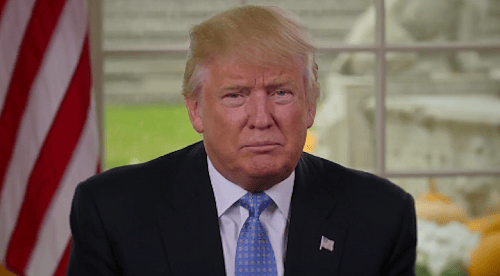Obama Talked The Talk; But Trump May Walk The Walk

As we close out 2016, and the Obama presidency, retrospectives will abound. Liberals will lament the close of the Obama "Hope and Change" era, and, to varying degrees, cower in fear over the coming Trump administration. But a review of what Obama supporters loved about his two terms — much of which is, in my view, rhetorical and not substantive, may provide a reason for hope about a coming Trump administration.
As Obama exits the stage having said "all the right things" from the point of view of his supporters, but having accomplished very little in the eyes of his critics, it is worth pondering that although a Trump administration may say "all the wrong things," according to liberal conventional wisdom, there may well be a disconnect between the rhetoric and the results. Consider the following:

